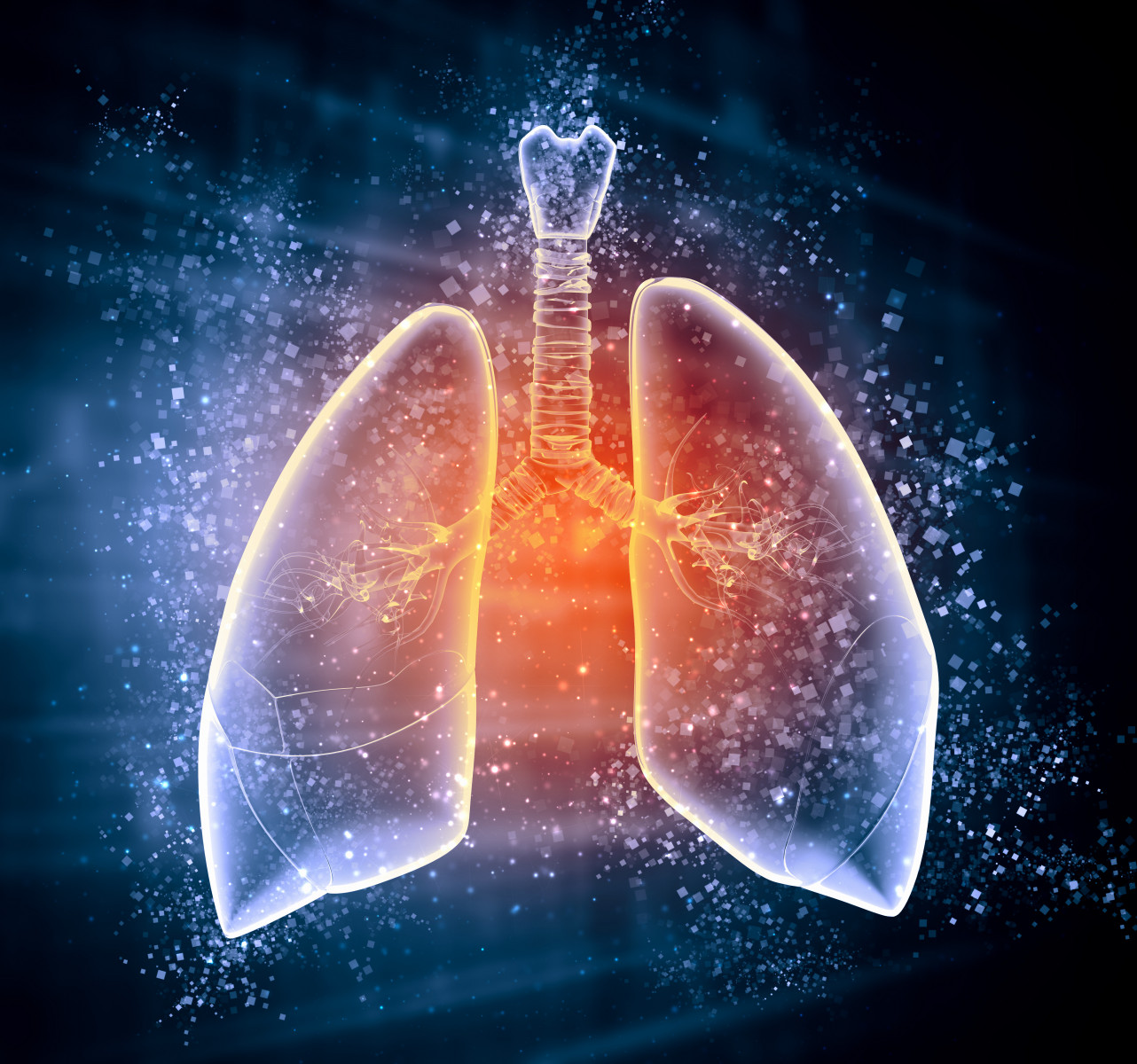FAQs About Cystic Fibrosis
Written by |

Cystic fibrosis (CF) is a progressive, inherited disease characterized by the buildup of thick, sticky mucus that can damage many of the body’s organs. It causes persistent lung infections and limits the ability to breathe over time. Patients are usually diagnosed by the age of 1, often leaving their families with many unanswered questions about the disease, and about how to find information, connect with other patients and families, and get support.
Here are answers to some frequently asked questions about CF:
What is CF?
CF is a rare genetic disorder caused by mutations in the CFTR gene, which provides instructions to make an important transport protein called CFTR. The mutation causes the protein to be made with errors or not to be made at all, and leads to the buildup of thick, sticky mucus in and around different organs.
How is CF diagnosed?
The majority of CF cases are identified shortly after birth as part of newborn screenings conducted in most parts of the U.S. and Europe. For the screening, a small blood sample is collected from the newborn’s heel and analyzed in the laboratory.
This blood is tested for a number of disorders. The IRT test measures the amount of immunoreactive trypsinogen in the blood. The level of IRT in the blood is very low in healthy individuals, but is higher in those with CF.
Because a newborn’s IRT levels can also be high following a premature or difficult birth, additional tests are needed to confirm a CF diagnosis, and genetic testing may be required to determine the type of mutation.
Is CF contagious?
CF is not contagious. It cannot be passed from one person to another through physical contact.
Can CF be inherited?
CF is a genetic disorder that is inherited in an autosomal recessive manner, meaning that a patient must inherit two copies of a CF-causing mutation (one from each parent) in order to develop the disorder.
Patients with CF or those with a known family history of the disease should consider speaking with a genetic counselor to determine the risks of transmitting CF to their children.
What are the symptoms of CF?
CF patients experience respiratory and digestive symptoms, among others. The buildup of mucus can interfere with digestion and cause problems such as jaundice, diarrhea, diabetes, and liver problems.
The buildup of mucus in the lungs can interfere with breathing and also provide a breeding ground for bacteria and viruses. Thus, patients experience frequent respiratory infections, which are often resistant to antibiotic treatments.
Is there a cure for CF?
No cure is available yet for CF. However, treatments can help manage symptoms and improve quality of life. Most treatments are geared towards improving the function of any existing CFTR protein. However, new gene therapies are being developed, with the goal of replacing the faulty CFTR gene with a healthy copy so that normal CFTR protein can be made.
Why is good nutrition important for CF patients?
Many patients with CF have difficulty reaching and maintaining a healthy body weight, which can dramatically reduce their ability to stay healthy and fight off infections.
CF can reduce the number of digestive enzymes produced by the pancreas, meaning that patients do not receive sufficient nutrition, even if they are eating normal portions. Physicians and registered dietitians can offer advice on how to get the required nutrition, including medications that supply digestive enzymes, and vitamins that can supplement an insufficient diet.
Can CF patients go to school?
CF patients can go to school but may need additional accommodations because of their illness. Parents and caregivers should talk to school administration and develop an individualized education plan (IEP) for the patient. An IEP establishes what accommodations the child will need and how the school will work with the patient and their parents to ensure that educational needs are met.
Where can I get more information about CF?
We regularly publish articles on our website that cover CF research, including new treatment options in development.
These organizations also offer information about CF treatments and ongoing research:
- American Lung Association
- Cystic Fibrosis Canada
- Cystic Fibrosis Foundation
- Cystic Fibrosis Research, Inc.
- Cystic Fibrosis Trust (UK)
- National Organization for Rare Disorders (NORD)
We have a number of columnists who write about the daily challenges of living with CF:
- This Lung Life by Ella Balasa
- Becoming Visible by Elizabeth Rogers
- La Cosas de la Vida by Luisa Palazola
- Victorious by Brad Dell
- Life in the Grey by Bailey Anne Vincent
- Reid’s CF Regenerative Medicine Column by Reid D’Amico
- Mutations and Conversation by Tré LaRosa
- Path Unknown by Wendy Caroline
- Work that Works by Elly Aylwin-Foster
Where can I find other CF patients and families?
We have online CF forums where patients and their families can meet and discuss a variety of topics, which are posted frequently. If you do not see a topic of interest, message the moderators to get a conversation started.
Last updated: Sept. 24, 2019
***
Cystic Fibrosis News Today is strictly a news and information website about the disease. It does not provide medical advice, diagnosis or treatment. This content is not intended to be a substitute for professional medical advice, diagnosis, or treatment. Always seek the advice of your physician or other qualified health provider with any questions you may have regarding a medical condition. Never disregard professional medical advice or delay in seeking it because of something you have read on this website.






